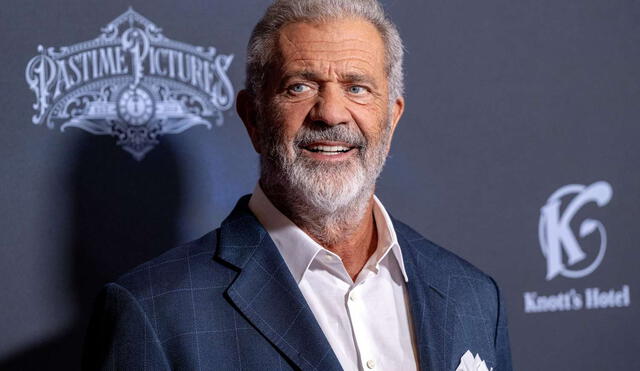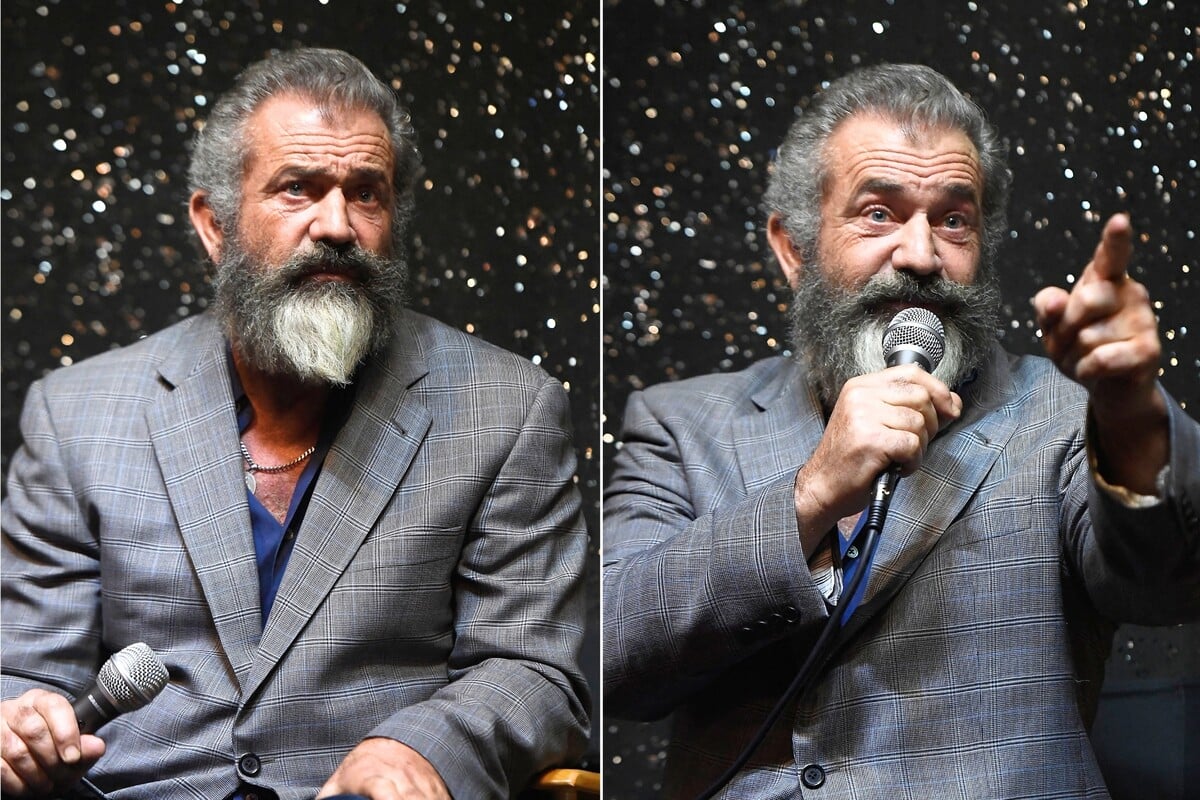U.S. Department of Justice lawyer fired after denying gun rights to Mel Gibson sparks controversy
The firing of Elizabeth G. Oyer from the U.S. Department of Justice after she refused to restore gun rights to Mel Gibson, convicted of domestic violence in 2011.

The recent dismissal of Elizabeth G. Oyer, a lawyer from the U.S. Department of Justice (DOJ), has sparked heated debate over political influence in legal decisions. Oyer claims she was fired after refusing to recommend restoring gun rights to actor Mel Gibson, who lost this privilege following a domestic violence conviction in 2011.
This case has raised concerns about the potential politicization of the pardon process and pressure exerted on officials tasked with ensuring impartial justice. Gibson’s connection to President Donald Trump adds another layer of controversy, sparking questions about fairness and integrity in DOJ decision-making.

Refusal to restore Mel Gibson's gun rights allegedly got DOJ official fired. Photo: TAG24 Composition.
Elizabeth G. Oyer’s background
Elizabeth G. Oyer joined the DOJ in 2022 as a pardon attorney, bringing extensive experience in representing defendants in the federal justice system. Before her appointment, she spent a decade as a federal public defender, giving her a unique perspective on clemency and second chances in the legal system.
Her appointment was seen as a step toward fairness and transparency in the pardon process. However, her recent dismissal raises concerns about the independence of her office and possible retaliation against officials making decisions based on legal principles rather than political influence.

ALSO SEE: Jeanne Shaheen won't seek reelection for U.S. Senate: Who could run for her seat in New Hampshire?
The Mel Gibson case and political connections
Mel Gibson, a well-known Hollywood actor and director, lost his gun rights in 2011 due to a domestic violence conviction. Recently, his inner circle requested the restoration of this right, arguing his rehabilitation and good behavior. Trump-appointed Attorney General, Todd Blanche, supported the request, raising suspicions of preferential treatment due to Gibson’s ties to the former president.
Oyer opposed restoring Gibson’s gun rights, citing the severity of his prior conviction and the risks associated with granting firearms to individuals with a history of domestic violence. Her refusal was swiftly followed by her dismissal, fueling speculation about the true motivations behind her firing. Elizabeth G. Oyer’s dismissal highlights the complexities and challenges of maintaining judicial independence amid political influences. This incident underscores the need to protect officials who base their decisions on the law rather than personal relationships or external pressures, ensuring public trust in the institutions that uphold democracy.
Reactions and consequences
Oyer’s firing has sparked criticism from advocates of impartial justice and organizations calling for a clear separation between politics and the legal system. Many fear this case sets a dangerous precedent where legal decisions can be swayed by political ties, undermining public trust in justice institutions.
Additionally, this case highlights ongoing tensions within the DOJ under the Trump administration, where multiple officials have been dismissed or pressured over decisions that don't align with political interests. Oyer’s case is yet another example of the challenges faced by officials striving to maintain integrity and impartiality in an increasingly politicized environment.












